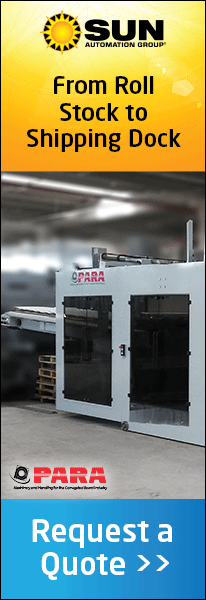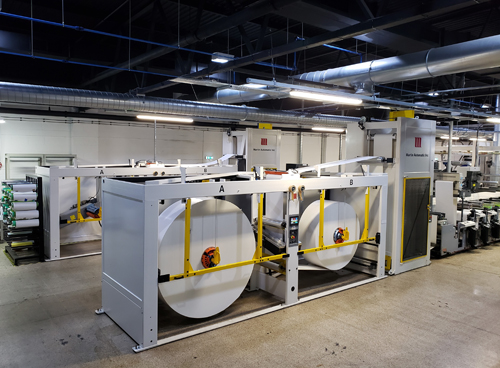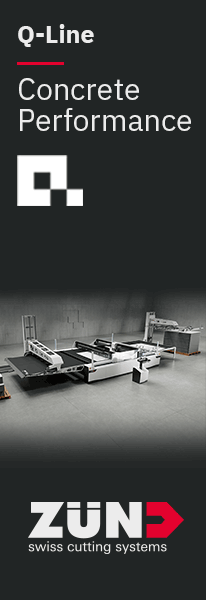In less than two decades, Reflex Labels has grown to nearly 20 locations across the UK with the goal of providing the highest quality labels in Britain. But tucked into a former warehouse space in its Barwell facility, Reflex is quietly positioning itself to go well beyond labels.
Reflex Label Plus, a division of the Reflex group, has its own website and its own focus—applying innovative techniques and processes to combination printing for the food, pharmaceutical, health and beauty, and beer, wine and spirits markets. At the Barwell site, visitors see traditional label presses operating in the large, bright production space. Open the door to the former storage facility, and one enters a different environment, where paperboard, films, and other substrates are brought together to create trays, sandwich packs and other value-added food packaging products. And they’re just getting started.
Production Manager Shaun Boult moved to the UK six years ago from his native Wellington, New Zealand, where he worked for a multi-national food packaging corporation. He joined Reflex Label Plus to manage the newly expanded food service packaging business. His responsibilities include testing materials, processes and equipment and working with the Reflex sales group to prove new products. Boult has a suite of the latest equipment with which to work.
The first production line was an eight-colour EF-520 press from Dutch manufacturer MPS, and a second nine-colour EF-520 was subsequently added. The purchases were part of an investment programme across the whole Reflex Group that included more than a dozen presses. This included a top of the range Mark Andy P7, bringing the total number of the American presses in the Reflex Group to 27.
The MPS lines at Barwell were equipped with two non-stop unwind/splicing systems from Martin Automatic. One is a Martin MBX butt splicer that unwinds paperboard, typically 150-450 micron, from rolls as large as 1828mm (72”) in diameter. Additionally, each press was specified with a Martin MBSF splicer. Initially supplied to feed 12-18-micron PET and OPP films, Boult notes that the MBSF splicers’ multi-substrate abilities to run paper and light board stocks will be crucial as Reflex looks to manufacture differentiated products.
Referring to the combination of Martin splicers on his MPS presses, Boult commented, “Obviously, we bought them for continuous running and our material waste has reduced to nearly nothing. With the excellent registration capabilities of the MPS presses, we throw out just the one product with the splice in it.”
In addition to food-on-the-go product lines like sandwich packs, known as ‘sandwich skillets’ in the trade, Reflex Labels Plus is looking at new products focused on sustainability. “Sustainability is big here. We’re all about promoting products for less landfill, easier recycling and total compostability,” he concluded.




